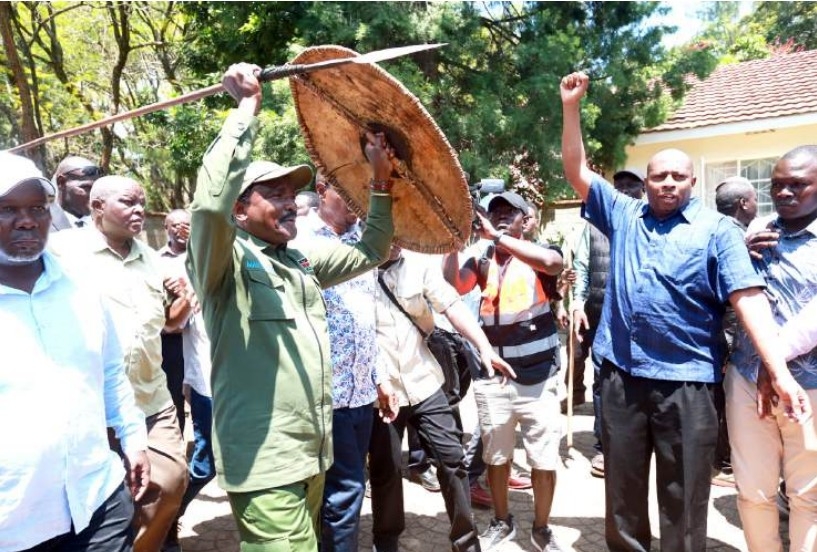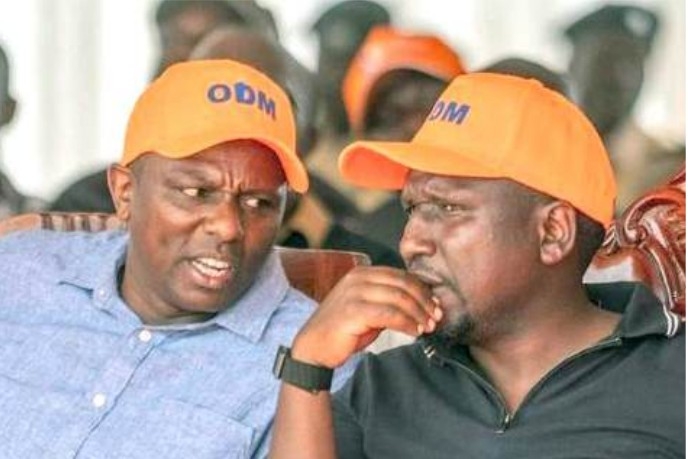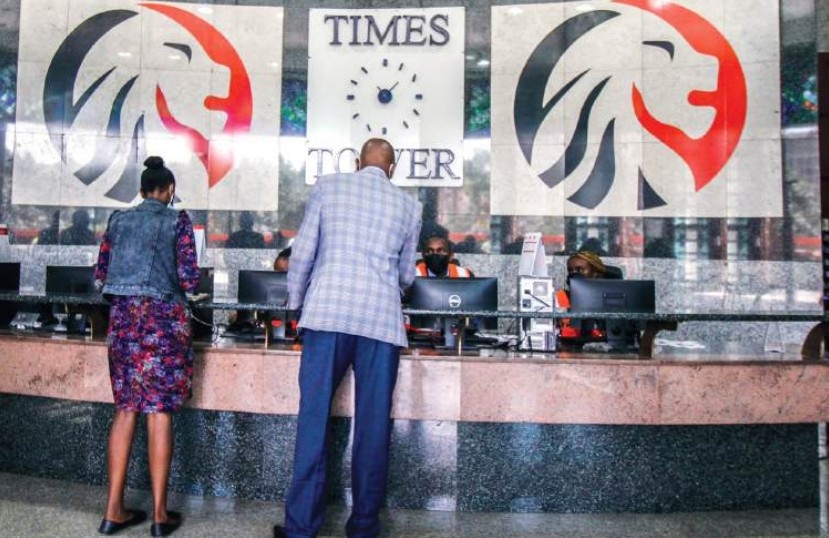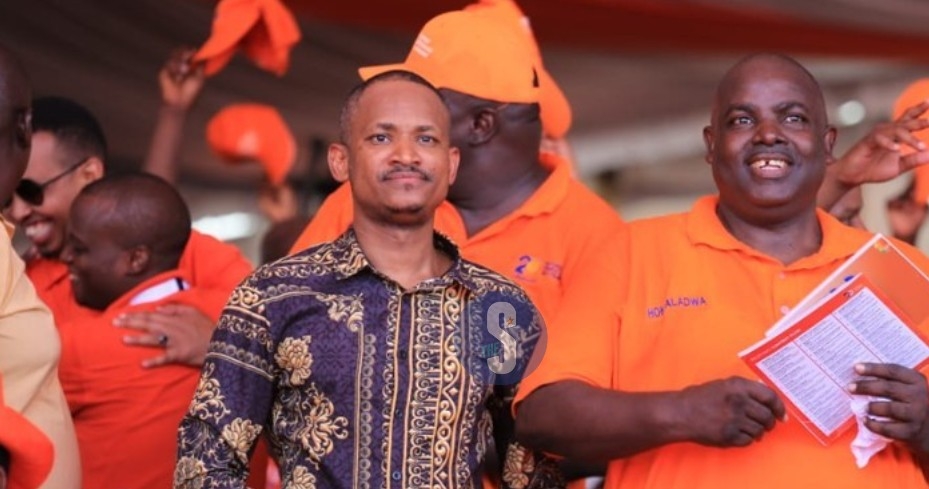

First of all, a big shout-out to all the faculty who heeded the call of their UASU leadership to down their white board markers, projectors and flip charts, all those who have been picketing in the sun, cold and the rain, all those who have been organising pickets, rallies and placards and, of course, the gallant soldiers led by secretary general Dr Constantine Wasonga.
These soldiers headed the CBA implementation negotiations. Huge thanks to all the students who have shown their support in ways, big and small, thank you.
Kenya’s ongoing university lecturers’ strike highlights deep-seated issues in the higher education sector. The strike began after the government reneged on implementing previously agreed-upon salary increments, promotions and improved working conditions under the 2021-25 Collective Bargaining Agreement.
Key demands from the unions include a seven to 10 per cent salary increase, harmonised allowances, medical coverage and adequate funding for pensions and retirement benefits.
The dons are stuck on their resolve to continue striking until their demands are met. The government response has been, at best, uneven, blowing hot and cold.
It did not have to get this point. Lecturers are not asking for anything impossible. They want to defend their modest pensions, ensure fair payment for actual work delivered, salaries that don’t make them struggle to fuel their cars, pay school fees, mortgage bills or rent, put a decent meal on the table and some minimal contractual job security.
They are not asking for fat sums of money, like the salaries of MPs and advisers ad nauseam in high political offices. Lecturers are not asking for perks like expense accounts or refurnishing their free houses to their taste, the sort of thing our political class considers to be their inalienable right.
Lecturers are simply asking that the labor of those who keep universities running year on year be acknowledged and that extremely modest measures, measures modest in the extreme, be taken to keep them running.
Strikes should not be rituals but considered targeted action. And so, lecturers must ask themselves: why do they strike? It would be easy to get dispirited by the inept view – the country is undergoing serious budgetary constraints – parroted by the employer, represented by the Inter-Public Universities Council Consultative Forum (IPUCCF).
True, unlike many others, lecturers have job security and by Kenyan standards, a respectable salary, although it might not stay very respectable if the unprecedented taxation and cost of living increases continue.
Perhaps lecturers should just count their limited blessings and get on with getting on or whatever it is one is supposed to do in the face of challenges: leave younger scholars, early career researchers and graduate students to fight the fights of their own generation.
Except it isn’t really just about the lecturers or their situation alone. To allow power to take what is theirs – their rightful salaries today or their deferred salaries in the form of pensions tomorrow – or basic workplace guarantees is to authorize the powers that be to go farther and faster, to take more, from increasing numbers of people in multiple contexts.
It is to collude in the miserable lie that tells us that national development or economics require the vast majority to give up more and more while a national plutocracy takes more and more.
There is no word other than obscene to describe the situation in which it is pretended such a disparity is normal, even desirable. For lecturers to give up their modest claims would be to authorize greater assaults from those less able to afford it than lecturers.
The idiocy of gross inequality requires middle-class consent – and for lecturers to consent to the vitiation of their own conditions is to authorize even worse inflicted on others.
It would be a project of relentless levelling down, which would also see access to higher education limited and the content of all education controlled to prevent independent and critical thinking or an understanding of the realities of history.
Indeed, frequent labour strikes in Kenya reflect systemic challenges in labour relations, particularly in the public sector. Strikes disrupt the education system, delaying exams and graduations, which in turn aff ect the broader economy by limiting the supply of skilled graduates entering the workforce.
The instability also poses reputational risks for Kenya’s education sector, potentially deterring local and international students from enrolling in public universities. From a governance perspective, these recurrent strikes underline the need for transparent, reliable budget management, proactive engagement with unions and consistent CBA implementations.
Strengthening dialogue and trust between the government and labor unions could help prevent repeated disruptions, ensuring educational institutions can operate with stability and fulfi l their mandate eff ectively

















